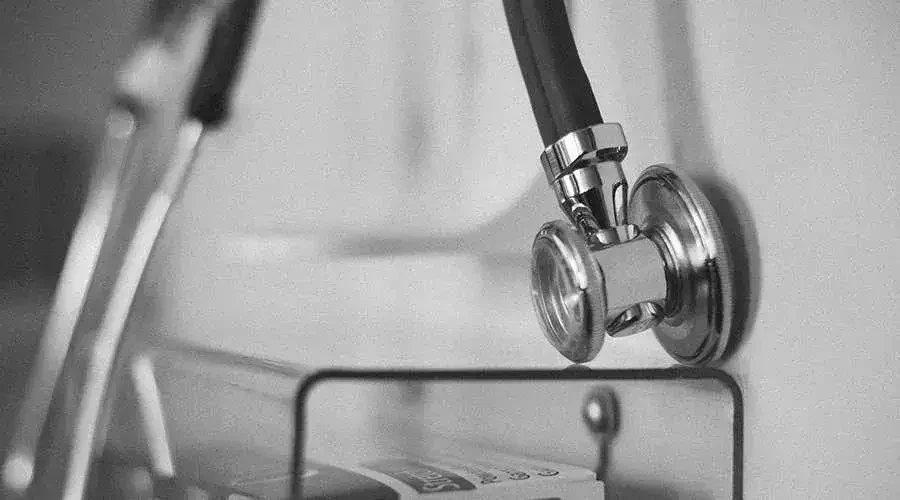
Given the recent approval by Spanish delegates of the euthanasia law, a specialist doctor warned that this law will put pressure on the most vulnerable patients and medical practice.
The Spanish Congress of Deputies passed the euthanasia law on Thursday, December 17, a decisive step towards its legalization once it passes senatorial proceedings.
Some fear that this law will hinder patients from accessing palliative care.
In a statement to ACI Prensa, palliative care physician Dr. Carlos Centeno, professor at the University of Navarre and member of the Pontifical Academy of Life, insists that “the new law puts pressure on the frail patients and on medicine: it leaves the sick and doctors in a very bad situation”.
The passing of the Euthanasia Act “is not something to celebrate, I don’t celebrate because I see society differently.” A society with euthanasia, he emphasized, “is not a good model of medicine or society.”
He indicated that some patients, very few of the total, “will choose to exercise what they interpret as a right. But what about the rest? Because I am concerned about what will happen to everyone with advanced disease, progressive and irreversible disease ”.
“What happens to the majority of critically ill patients who do not request euthanasia? Euthanasia sends the message that there are lives that are worthless to be lived in conditions of illness. Some patients will feel unwell when they are suffering and in need of resources, when they need to be hospitalized for specialized palliative care. Or when they need special treatment to relieve pain. Or if the disease does not progress quickly but slowly and the worsening is slow. What message does society convey to these people? What message does euthanasia convey to these people?
One of the arguments of the advocates of the euthanasia law in Spain is that it offers the possibility to end life without suffering those who ask for it, without affecting other people. Dr. Centeno, however, refutes this argument.
‘I don’t understand that it doesn’t bother the rest of the people. Of course it affects them, ”he insisted. “We will have to put forward reasons for claiming funds for ALS patients, patients with advanced cancer … I’m not talking about hypotheses, I’m talking about what is being experienced in other countries.”
Dr. Centeno, however, does not believe that the law calls into question palliative care, but rather medicine, “the care professions in general, the health professions.”
“One of the goals of medicine is not to administer drugs to hasten death. The purpose of medicine is to heal and relieve, ”he stressed.
The problem, he argued, is that the success achieved by medicine in recent years, one that comes from technology and therapeutic options that did not exist before, “has made healing a paradigm of medicine. But we all know that the essence of the doctor is to relieve suffering ”.
“We doctors want to be there, with our science, also with our humanity, we want to be with the patient because we train and train to relieve him. Relieving more than curing is the essence of medicine ”.
However, due to the drug’s success in healing, it seems that “if you can’t heal, it is a failure. Then comes euthanasia. “If I can’t heal myself, if I’m no longer going to live, if I’m not going to live well, if I suffer, it’s no use, this is a failure.” In short, “the essence of medicine is lived when we cannot heal and when we are with the patient who helps him.”
Dr. Centeno also highlighted the situation doctors will face from now on. The doctor, he said, sits next to the patient and “until the science works, and the painkiller works, and the medication becomes effective, until then we suffer too.”
“And in what situation do they put us when, doing everything I can to relieve the patient, I have in my right pocket the ‘key’ to end that? What happens to the doctor, that professional, that nurse, who is exhausted? , after extending the day because another patient and another patient and another patient arrive, what happens if he has the key in his pocket so that the patient’s suffering and yours stop? ”.
“This suffering could certainly be alleviated with a little more time, with a consultation with a colleague, or with a more in-depth evaluation,” he explains.
He therefore regretted that “the concept of medicine is changing. The society model, which introduces a law of euthanasia, is a model in which the value is not to guide the one who suffers. It is no longer an absolute value, the absolute value to medicine is no longer to lighten and heal when possible, but rather to lighten and heal when it can be endured longer to the end if we can ”.
“Although we are few, we will continue to defend a model of society and a model of medicine that are radically different from those proposed by a society with euthanasia,” he concluded.